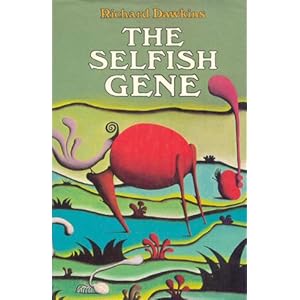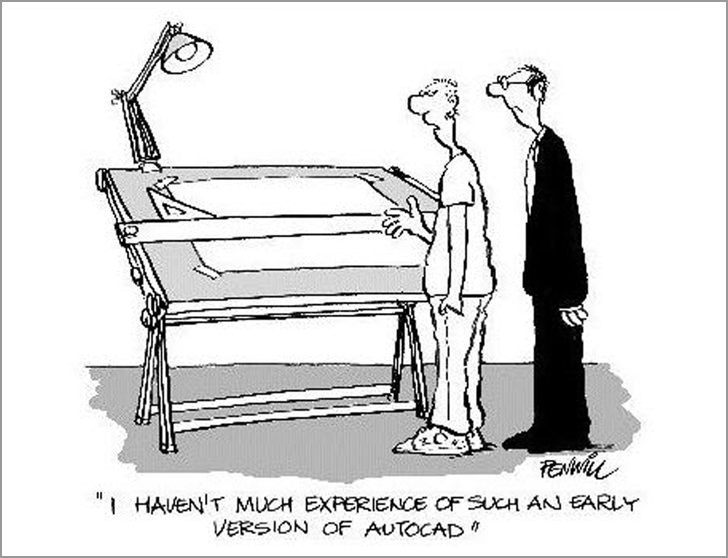
I found Rebecca D. Costa’s book, The Watchman’s Rattle: Thinking Our Way Out of Extinction, sitting on the new shelf at the library on Saturday.
I have been thinking a tiny bit about science and politics and thought this might have some insights in it so I grabbed it and put it on my stack after perusing it briefly.
It seems to have been a lucky and serendipitous choice. Costa is talking about thinking our way out of our current global problems and adds the neuroscience of the past decade.
After writing yesterday’s blog, before church, I sat down and started reading it. After I had put stickies in several places for excellent ideas and quotes, I bought an ebook copy of it online.

One of the things I am discovering about the Kindle software that I use (Kindle for PC) is the ease and helpfulness of bookmarking and putting in comments for myself.

Here are some of the sections I found interesting yesterday.
First a summarized list of the juxtaposition of the six things that were necessary before she could write this book.
It took all these discoveries—evolution, genetics, sociobiology, memetics, neuroscience, and my work in the vortex of Silicon Valley—to bring me to the biological reasons for the ascension and decline of civilizations.
Costa, Rebecca (2010). The Watchman’s Rattle: Thinking Our Way Out of Extinction (Kindle Locations 214-215). Vanguard Press. Kindle Edition.
“Memetics is a theory of mental content based on an analogy with Darwinian evolution, originating from Richard Dawkins’ 1976 book The Selfish Gene. It purports to be an approach to evolutionary models of cultural information transfer.” (Wikipedia link where I found this definition)

Costa’s working in Silicon Valley (impressively to me) was being in on the the ground floor of CAD (Computer Aided Design) development as a science writer.

Besides the juxtaposition of the items on the quoted buy diazepam bali list above, Costa enumerates the signs of decline in our global civilization.
“Today, the issues that threaten human existence are clear: a global recession, powerful pandemic viruses, terrorism, rising crime, climate change, rapid depletion of the earth’s resources, nuclear proliferation, and failing education.”
I was struck by several of her sources and colleagues. Primarly, E. O. Wilson who is someone I have admired and read and apparently is a founder of the field of sociobiology.

Richard Dawkins (memetics) is also someone I am aware of and admire. Finally, Jared Diamond seems to have had a bit influence on Costa’s argument. I recognize her description of the rise and fall of the Mayan civilization from reading Diamond myself (Guns, Germs, and Steel).

A couple more quotes I had to mark yesterday morning.
She quotes Yaneer Bar-Yam, president of the New England Complex Systems Institute and professor at Harvard University from his book, Making Things Work.
“The rule of thumb is that the complexity of the organism has to match the complexity of the environment at all scales in order to increase the likelihood of survival.”

The other salient quote:
“The point at which a society can no longer “think” its way out of its problems is called the cognitive threshold.”
It was at this point I put the book down for a while and resisted purchasing it for about a half hour. When I returned to it, I realized I was going to want to do a lot of bookmarking of ideas, so I just went ahead and bought it online.
I then decided I would finish Chairs are where the people go by Misha Glouberman with Sheila Heti before reading further in Costa.

I generally keep several books going but try to restrain myself to one per genre: non-fiction, light fiction, heavier fiction, music stuff.